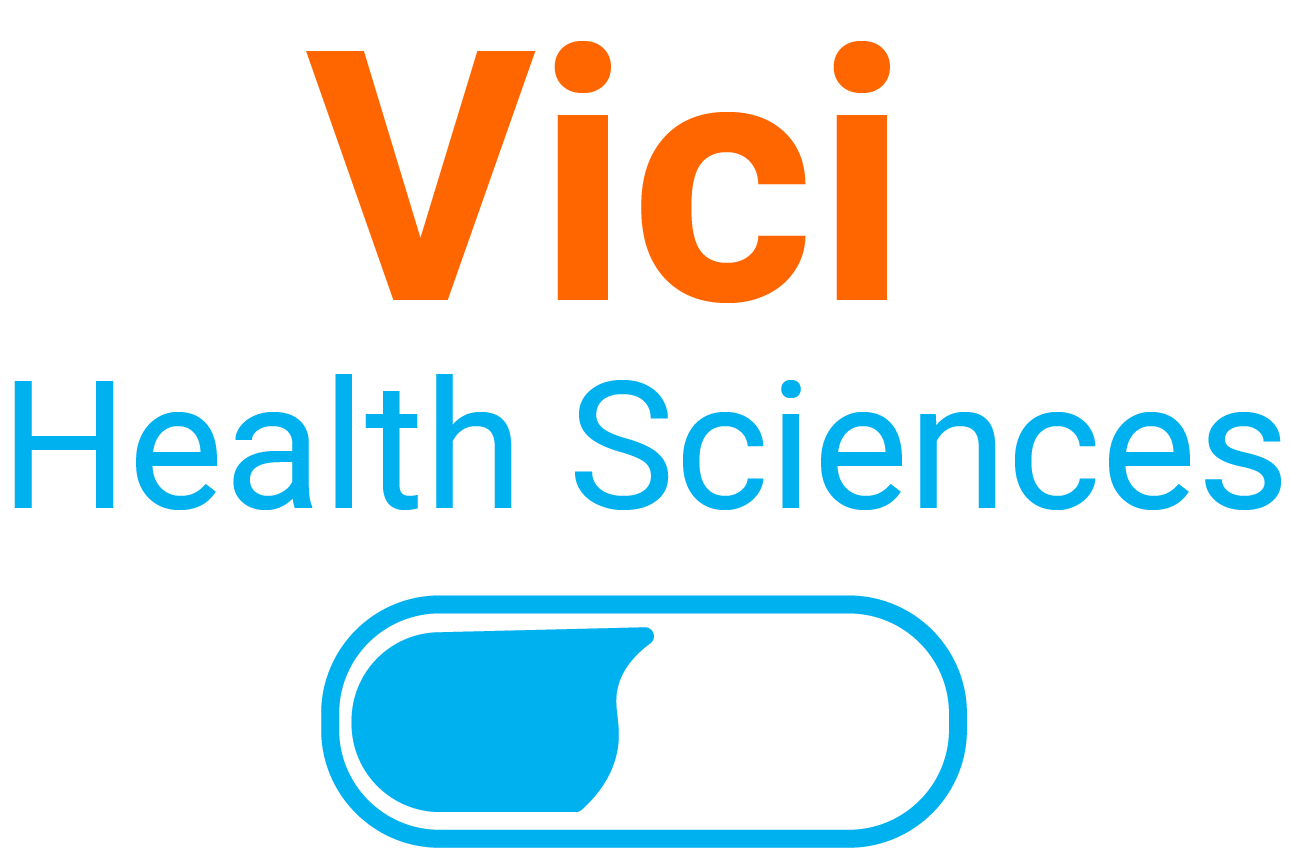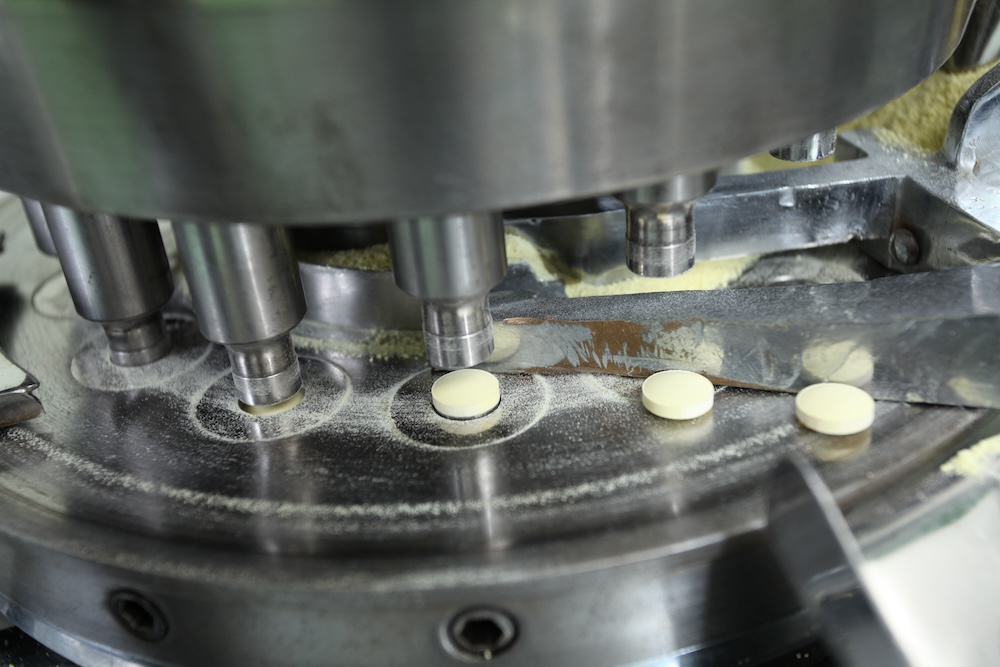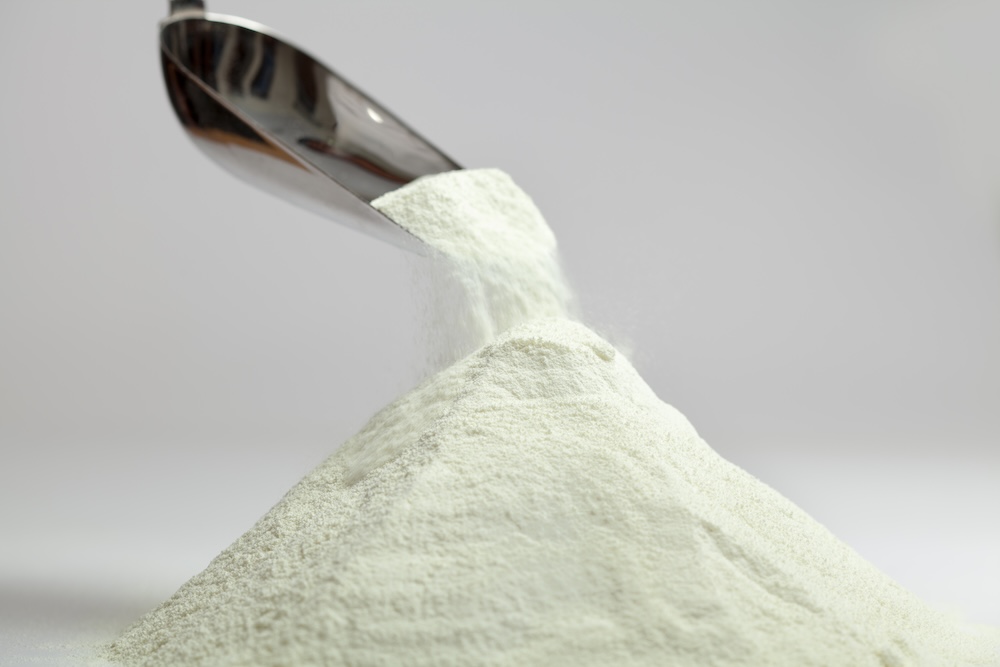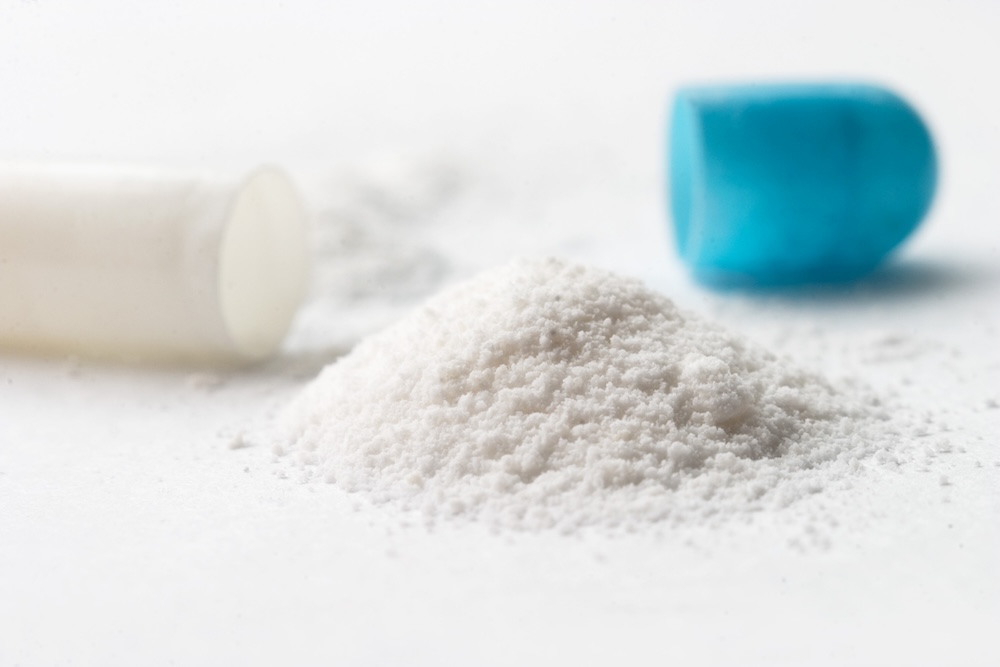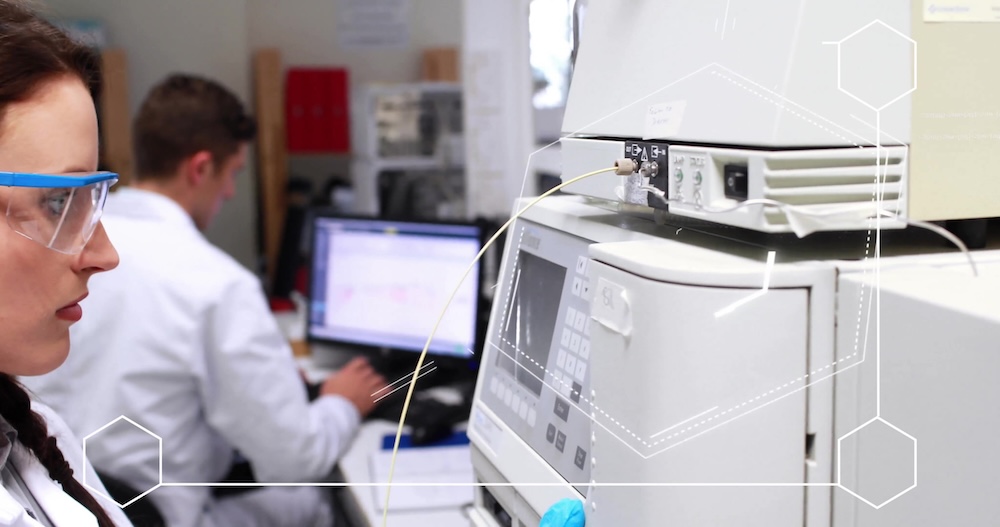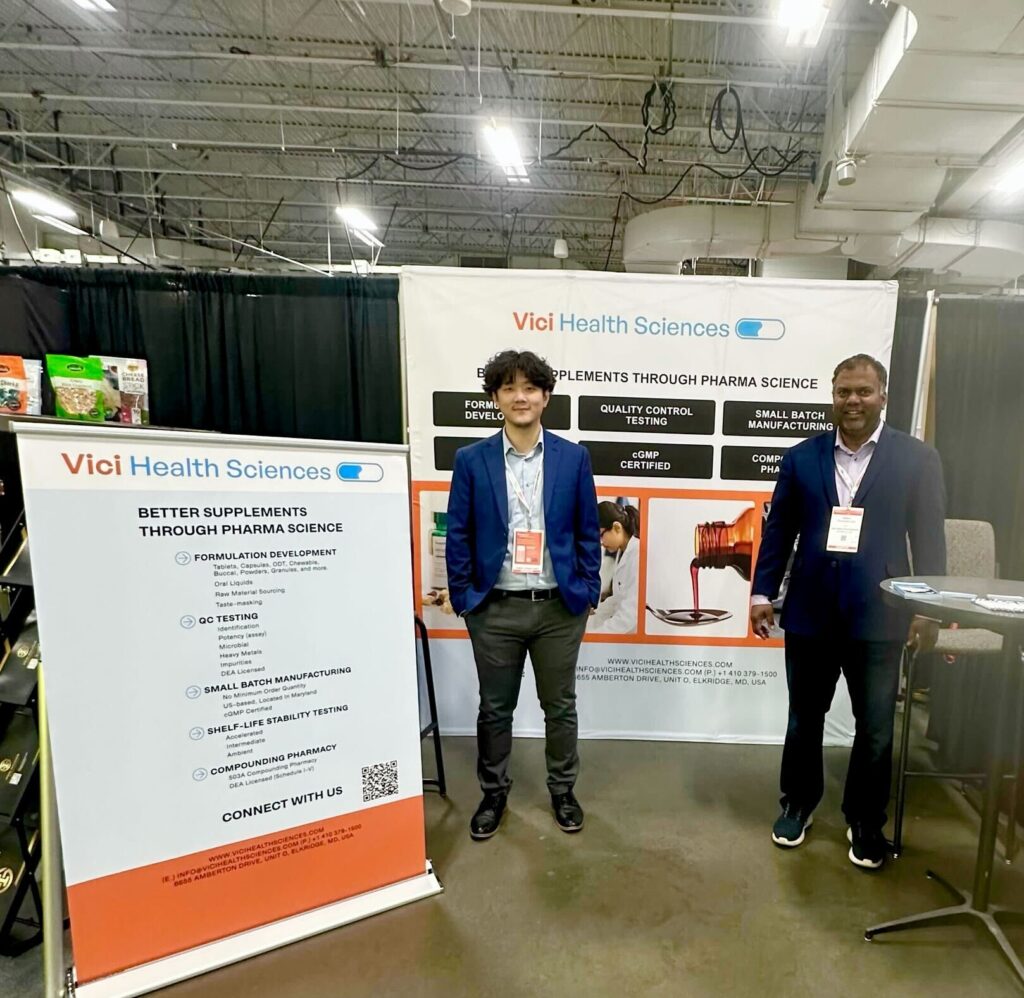Validation, verification, and qualification are often used interchangeably in pharmaceutical testing, but each has their own distinct meanings and all serve different purposes.
Getting the test right is just as important in pharmaceutical manufacturing as making the drug. If the analytical method you go with is flawed, every result that follows is questionable.
Beyond those questionable results, the wrong approach can also cost time, money, and even delays when it comes down to regulatory approval. This is why choosing between validation, verification, and qualification matters, especially for small pharmaceutical companies working under tight budgets and scrutiny from regulatory authorities.
Understanding the Terminology
- Validation: This formal process demonstrates a method’s suitability for its intended use. Analytical method validation confirms that the method produces reliable, accurate, and reproducible results across a defined range. It is typically required for techniques used in routine quality control testing of drug substances, raw materials, or the finished product.
- Verification: This is performed to confirm that a previously validated method can be used in a new lab or under modified conditions and still deliver reliable results. It is not a re-validation but a demonstration that the method works as expected in the new setting.
- Qualification: Method qualification is an early-stage evaluation of an analytical method’s performance. It is often used during early development phases (such as preclinical or Phase I trials) to show that the method is likely reliable before full validation. It helps guide optimization and future validation protocols.
Regulatory Requirements
The US Food and Drug Administration (FDA) and the European Medicines Agency (EMA) provide clear protocols for analytical method validation and related activities.
Pharmaceutical companies must follow guidelines such as ICH Q2 R1, which describes the expectations for analytical procedures. These expectations apply to testing raw materials, a finished product, or drug substances. Failing to follow these standards can lead to failed inspections or delays in product approval.
Analytical Method Validation
When Is Validation Necessary?
Validation is necessary when an analytical method will be used for release testing, stability studies, or batch quality assessments during clinical or commercial manufacturing. Regulatory agencies, including the FDA and EMA, require full validation for methods that support decision-making for the finished product or process validation.
Performance Characteristics
Common parameters evaluated include:
- Accuracy
- Precision (repeatability and reproducibility)
- Specificity
- Linearity
- Range
- Detection Limit (LOD) and Quantitation Limit (LOQ)
- Robustness
Documentation and Reporting
Every validation activity must be clearly documented, including raw data, protocols, deviations, and conclusions. This package supports regulatory submissions and internal audits.
Method Verification
When Is Verification Appropriate?
Verification is appropriate when using an established, validated method in a new setting or for a slightly different product. It confirms that the method performs as expected in the receiving lab’s environment and with its analysts and equipment. For example, if a small pharma company adopts a compendial method (such as USP, Ph. Eur..), it must verify that the method performs adequately in its own lab environment.
Verification Process
The verification process is less extensive than validation but requires demonstrating that the method meets critical performance criteria.
Verification typically includes:
- A limited assessment of accuracy, precision, and specificity.
- Comparison of results to established acceptance criteria.
- Execution of a pre-approved verification protocol.
In a nutshell, verification helps confirm suitability for its intended use without repeating the entire validation process.
Method Qualification
When Is Method Qualification Used?
Method qualification is used during early product development when a method must produce meaningful data, but full validation is not yet required. It is a pre-validation assessment to determine if the method can generate consistent and interpretable results.
Method qualification is a useful step when resources are limited or when the method supports process development rather than final product release.
Qualification Process
The process typically includes:
- Evaluation of key parameters like specificity, linearity, and precision.
- Informal documentation of performance characteristics.
- Method optimization based on observed limitations.
Method qualification helps identify potential issues early, especially when analytical data support formulation studies, manufacturing process decisions, or early clinical trials.
The Relationship to Validation and Verification
Method qualification typically comes before validation and it serves as a kind of checkpoint to determine whether a method is actually worth taking to the next stage. It’s different from verification, which confirms that a validated method still works when it’s reused or shared. Qualification, on the other hand, is all about seeing if the method looks solid enough during development to proceed.
Choosing the Right Approach: Factors to Consider
How should a small pharma company decide whether to validate, verify, or qualify? Here are important factors to keep in mind to help you answer that question:
- Nature and complexity of the analytical method: New or significantly modified analytical procedures typically require analytical method validation. Straightforward compendial methods may only need verification.
- Regulatory requirements: If regulatory authorities expect full validation, shortcuts will not be enough.
- Resource availability: Validation takes more time, money, and expertise. Verification may be a practical choice for smaller teams who don’t have an unlimited amount of those resources.
- Risk assessment outcomes: Consider the impact inaccurate results can have. Higher-risk products, like injectables, often justify a more well-developed approach.
Trust Vici for Clear, Compliant Analytical Methods
The right analytical methodology ensures that products meet quality control standards and regulatory expectations.
At Vici Health Sciences, we support small pharma teams with customized analytical method development, process validation, and comprehensive qualification and validation services.
Our experts help determine the appropriate strategy, design sound validation protocols, and carry out the work in line with current guidance from regulatory authorities.
Contact us today to discuss how we can support your analytical needs and help you bring safe, effective products to market.


